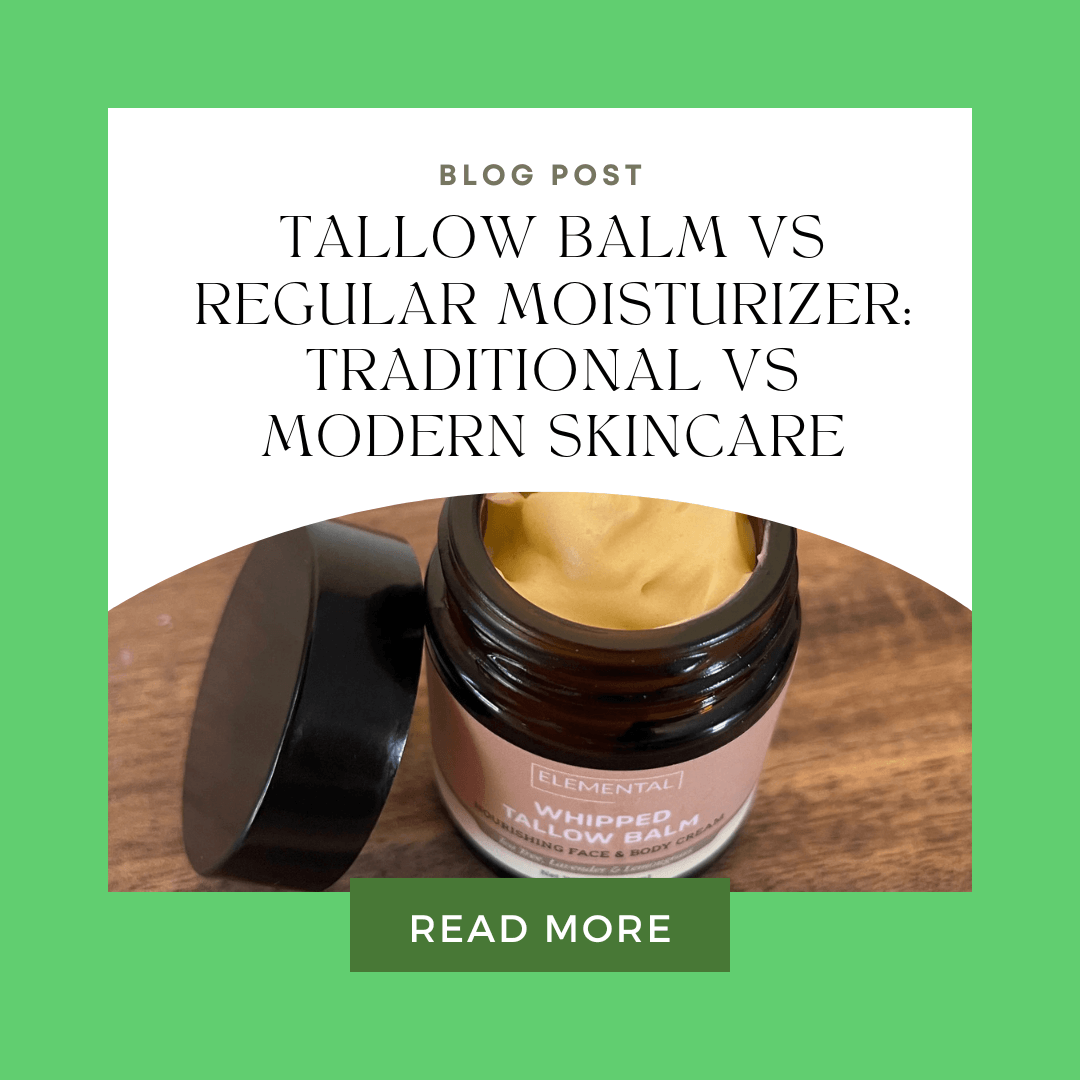What Are the Best Tinctures for Anxiety?
Anxiety can manifest as a racing mind, physical tension, and a sense of unease that disrupts daily life. While there are many methods to manage anxiety, herbal tinctures are gaining popularity as a natural, effective way to restore calm. But what are the best tinctures for anxiety, and why should you consider them?
In this blog, we’ll explore some of the top herbs used in tinctures for anxiety relief, their benefits, and why tinctures are a convenient option for calming your mind and body.
Why Choose Tinctures for Anxiety?
Tinctures are liquid extracts made by steeping herbs in alcohol or glycerin, creating a highly concentrated form of their active compounds. Here’s why they’re a great option for anxiety:
-
Fast-Acting: Tinctures are quickly absorbed into the bloodstream when taken sublingually (under the tongue), providing faster relief compared to teas or capsules.
-
Convenient: They’re easy to carry and use, whether at home or on the go. A few drops under the tongue or in water can make a big difference.
-
Customizable: You can combine different tinctures to address specific symptoms, creating a personalized anxiety-relief blend.
-
Potent and Long-Lasting: As a concentrated form of herbs, tinctures allow you to experience the full benefits without consuming large amounts.
The Best Tinctures for Anxiety
1. Kava Kava (Piper methysticum)
-
Benefits:
-
Known for its powerful calming effects, Kava Kava helps reduce stress and promote relaxation without impairing cognitive function.
-
Particularly effective for social anxiety and muscle tension.
-
How It Works: Kava contains kavalactones, compounds that interact with brain receptors to enhance mood and reduce anxiety.
-
Note: Use in moderation and avoid combining with alcohol due to potential liver toxicity.
2. Catnip (Nepeta cataria)
-
Benefits:
-
While famous for its effects on cats, Catnip is a gentle herb for humans that soothes the nervous system.
-
Helps with mild anxiety, insomnia, and digestive discomfort related to stress.
-
How It Works: Its sedative properties help relax the mind and body, making it an excellent choice for winding down.
3. Valerian Root (Valeriana officinalis)
-
Benefits:
-
Often called “nature’s Valium,” Valerian Root is highly effective for managing anxiety and promoting restful sleep.
-
Reduces restlessness, nervousness, and tension headaches.
-
How It Works: Valerian contains compounds that enhance GABA (gamma-aminobutyric acid), a neurotransmitter that calms the nervous system.
4. Lavender (Lavandula angustifolia)
-
Benefits:
-
Lavender is widely known for its soothing aroma, but its tincture form offers potent anti-anxiety effects.
-
Helps with general anxiety, panic attacks, and insomnia.
-
How It Works: The linalool and linalyl acetate in lavender help reduce stress hormones and improve mood.
5. Chamomile (Matricaria chamomilla)
-
Benefits:
-
Chamomile is a gentle yet effective herb for reducing anxiety, particularly in those prone to digestive issues triggered by stress.
-
Relieves tension, promotes relaxation, and supports sleep.
-
How It Works: Chamomile contains apigenin, a compound that binds to receptors in the brain to reduce anxiety.
6. Passionflower (Passiflora incarnata)
-
Benefits:
-
Passionflower is excellent for easing anxiety and promoting restful sleep, especially when combined with other calming herbs like Valerian or Chamomile.
-
Effective for reducing racing thoughts and calming an overactive mind.
-
How It Works: Enhances GABA levels in the brain to relax the nervous system.
7. Ashwagandha (Withania somnifera)
-
Benefits:
-
Known as an adaptogen, Ashwagandha helps the body adapt to stress by reducing cortisol levels and calming the nervous system.
-
Improves energy and focus while easing anxiety.
-
How It Works: Balances stress hormones and supports overall resilience to stress.
8. Lemon Balm (Melissa officinalis)
-
Benefits:
-
A mild but effective herb for anxiety, Lemon Balm reduces restlessness and irritability.
-
Particularly helpful for those with stress-induced digestive issues.
-
How It Works: Its calming compounds interact with neurotransmitters to promote a sense of peace.
How to Use Tinctures for Anxiety
-
Sublingual Application: Place a few drops under your tongue for rapid absorption and faster relief.
-
In Beverages: Mix tinctures into water, tea, or juice for a soothing drink.
-
Combine Herbs: Create a custom blend by mixing complementary tinctures, such as Chamomile and Lavender for nighttime relaxation or Kava and Passionflower for daytime calm.
-
Follow Dosage Instructions: Always follow the recommended dosage on the product label or consult an herbalist for guidance.
Why Choose Natural Tinctures?
-
Non-Addictive: Unlike many pharmaceutical anti-anxiety medications, herbal tinctures do not create dependency.
-
Fewer Side Effects: Herbal remedies are gentle on the body, making them suitable for long-term use.
-
Holistic Benefits: Many anxiety-relieving herbs also support overall well-being, such as improved sleep, digestion, and immunity.
-
Eco-Friendly: Many tinctures are made from sustainably sourced, organic herbs.
Herbal tinctures offer a natural and effective way to manage anxiety without the risks associated with conventional medications. From the calming effects of Chamomile and Lavender to the stress-relieving power of Ashwagandha and Kava Kava, the best tinctures for anxiety combine the wisdom of nature with modern convenience.
Always choose high-quality, organic tinctures from reputable sources and consult with a healthcare provider if you’re on medication or have underlying conditions. Let nature guide you to calm and balance, one drop at a time. 🌿





